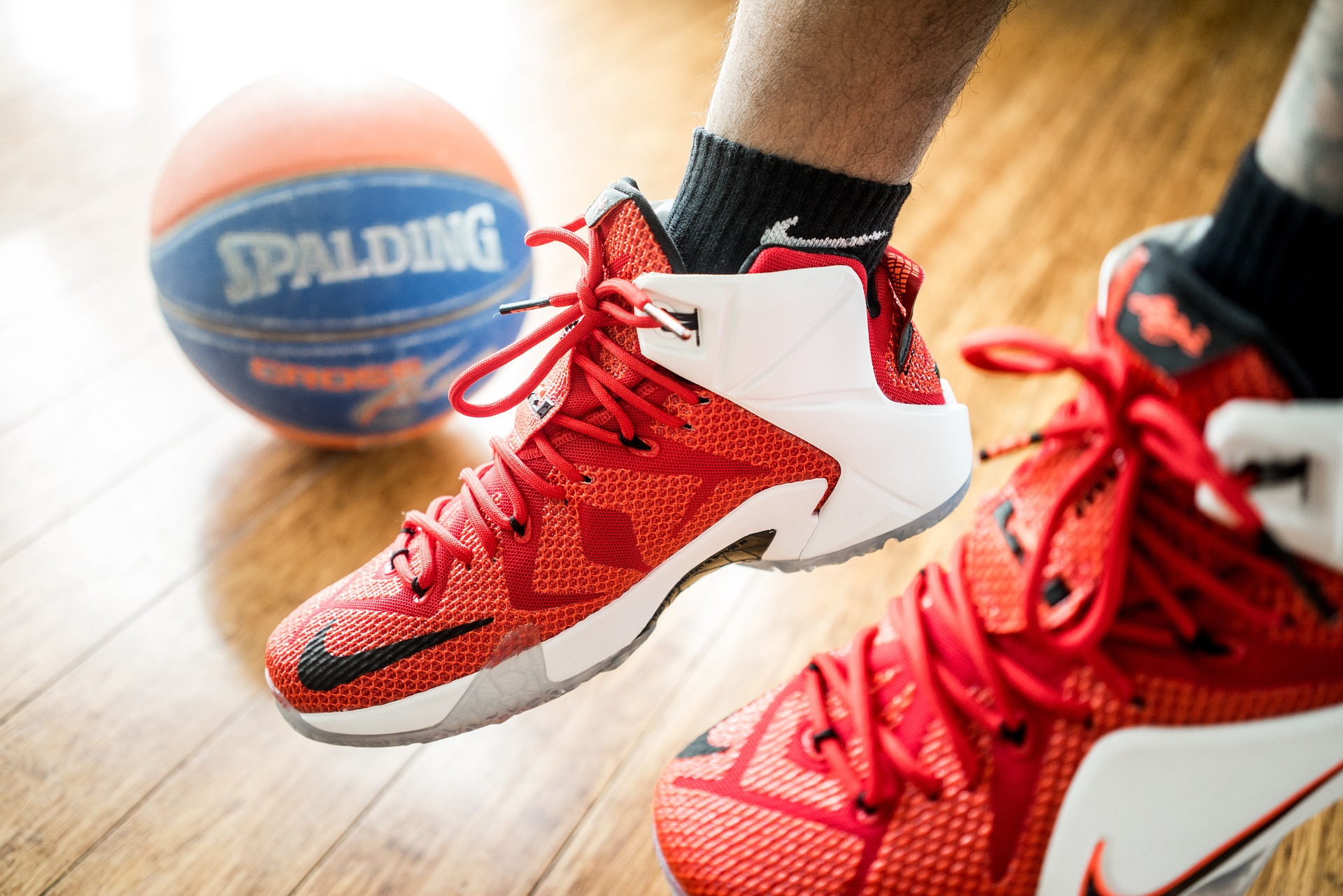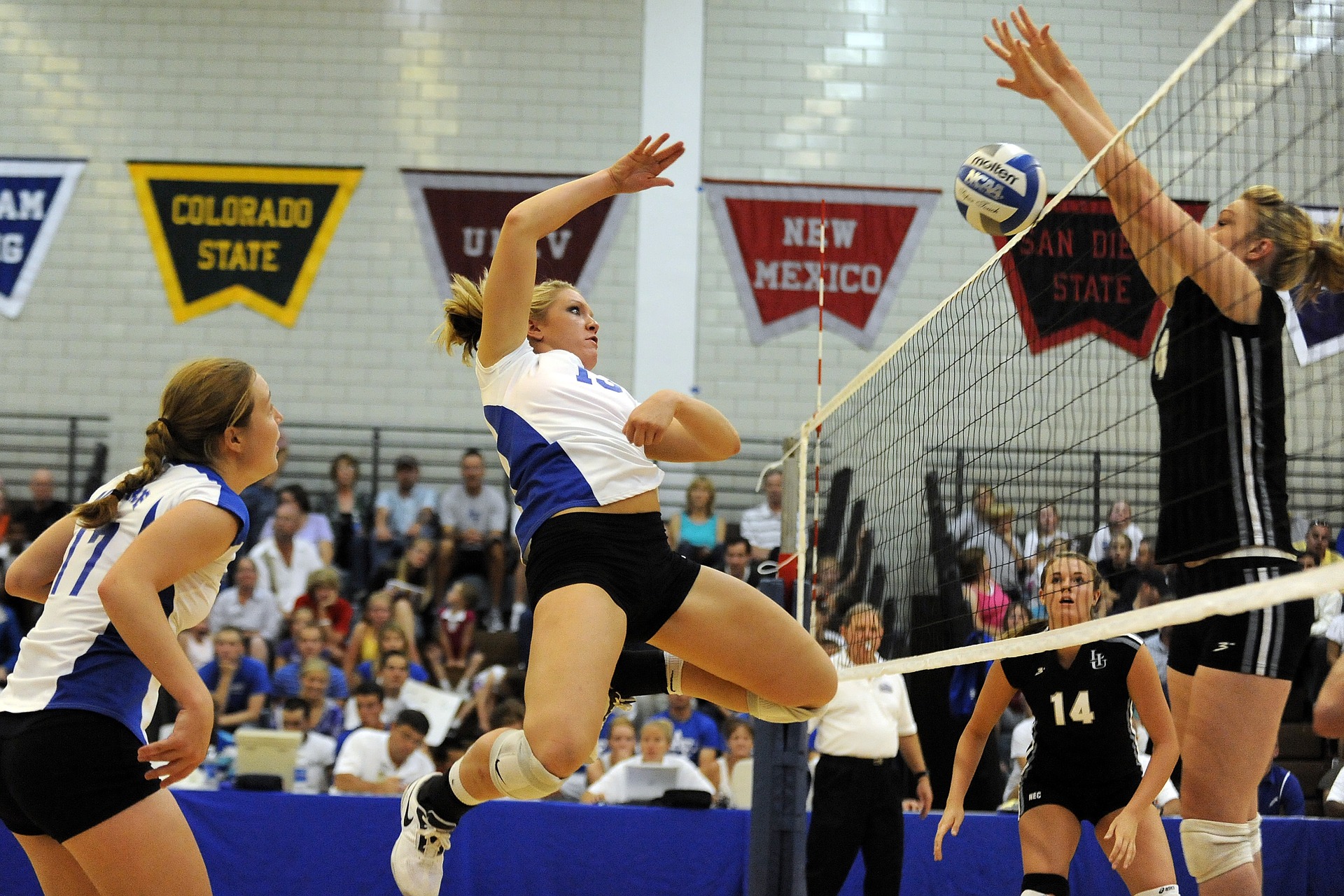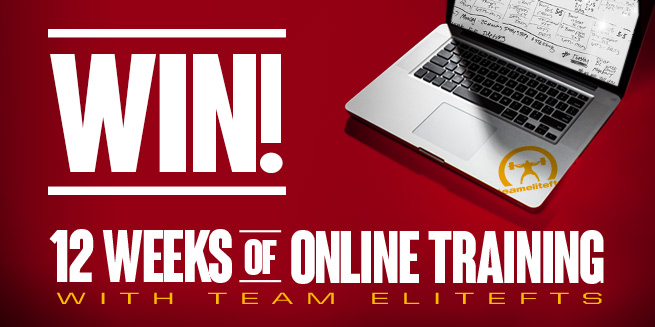
We all need kicked in the teeth sometimes to keep us from getting too big for our britches. I'm lucky in this respect—I get to have my teeth kicked in on a daily basis, which gives me many opportunities to improve. Whenever I train with others, I tend to be the shortest, weakest and probably the ugliest. Whenever I hang out with some of the top strength professionals I know, I tend to be the dumbest. Knowing all this, I need to work harder, read more and be better than the athletic freaks like Mark Watts.
Every year, my goal is to train a minimum of 250 times, read 25–40 books (my wife is never under 40), improve at a few languages (I'm getting better every day), get behind my drum kit and guitar at least once a week and dominate fatherhood for my son Tenzing. These are just some of the basics, and I do have a few more. The problem I run into is that when I visit another strength coach, I realize how little I know and how little I do. This happens every time I speak to my colleagues. So I guess it’s time for a reality check and time to figure out how to improve.
Reviewing Programs
A funny thing happened to me in December. Four “performance trainers” got a hold of one of my team's winter programs. For the record, I post these online so it isn't hard to do. I also try to be an open book. All four "trainers" reviewed what we had programmed and sent emails to the people I work with about what was wrong with the program.
In and of itself, the program was very simple. Anyone who has ever had to write a “take home program” knows to keep it simple. We came up with a knockoff of greasing the groove. The idea was that we would have this team perform 3–5 big lifts every day at one set percentage for three sets of 3–5 reps, depending on the movement. The accessory work was varied and very short. Our reasoning behind this program was that our athletes struggle with complex ideas in training when they go home. They also don't have access to all the equipment, coaching, spotting and support that they need. Instead of trying to swim upstream and have the athletes skip the workout, we decided to condense it and use some common sense and my favorite phrase training economy. As a staff, we felt that this would be the best way to have our athletes get some quality work in over the holidays while removing excuses such as, "We didn’t have a reverse hyper" or "I didn’t have a spotter."
So can you guess what kind of feedback the "trainers" who reviewed the program gave? I don’t want to ruin the surprise, but I saw comments like, "They never change the intensity—that is wrong" and "Where are all the accessories?" The funny part is not one of these "trainers" ever emailed, called or in any way asked me or anyone from my staff why we did what we did.
And here is the reality check for all of us—have you ever judged a program without knowing the reasoning behind it? I've made this mistake and I will never do it again because if anyone had asked us these questions, we would've had an answer. They may not have agreed with the answer, but they should've at least respected the thought process. This is something that is often lost on our society. It's OK to disagree. Just respect the thought process.
Programming
What is the first thing that you consider when developing a team's training program? The energy demands of the sport? The athlete's training age? OmegaWave results? FMS score? You shouldn't consider any of these. The first thing that you should consider is the facility! Know what you have to work with!
Let's say that you have a room with 24 brand new elitefts™ racks, glute hams, reverse hypers, slide boards, chains, bands and all the other goodies that you can think of. I have a 1900-square foot room with three double racks and two old racks that I resurrected from the dump because the student rec center was throwing them away. I don't have a matching set of dumbbells because many of our dumbbells have broken and we haven’t replaced them, but I do have eight new benches from Matt Goodwin (thanks, Matt). If we both had to train a football team, we most certainly would train them differently because we both have different equipment and facilities to work with.
When programming for a team, we also need to take time constraints into consideration. In my current position, Mondays, Wednesdays and Fridays look like this: 7:00 am make-up lift, 7:45 am football, 8:45 am track, 9:45 am football, 10:45 am football, 11:45 am women's basketball, 12:45 pm football, 2:00 pm men's soccer, 3:00 pm women's soccer, 3:30 pm men's basketball, 4:00 pm women's soccer, 6:00 pm women's volleyball. Do the math. How much time do you have to spend with each and every team?
WATCH: Hypertrophy Circuits for Athletes in a Team Setting
I promise you that my staff and I do everything we can for these athletes, but we are limited by classes, rehab, practice and all the other commitments that come with being a Division I athlete. My football team is a perfect example. We train Sundays, Mondays, Wednesdays and Fridays. In addition, we have 30-minute blitz lifts for half of the team on Tuesdays and the other half on Thursdays. We train on Sundays because this is the only day when we don't have any other concerns except lifting, and our sessions on Mondays, Wednesdays and Fridays need to be finished in 47 minutes due to classes and weight room times. The blitz lift is to make up for the accessories that we weren't able to perform during our normal lift times. I'm sure if most people looked at my football program, they would be confused as to why we set it up the way that we do.
Once I've looked at facility and timing, I look at what the sport needs or requires. This will always need to be balanced with what the coach knows or thinks he knows. My coaches aren't strength coaches and never will be. This doesn't mean that I don't listen to them. If a coach truly believes something works, you had better either have a good reason for why you don’t do it and sell that reason or you had better do it. My men's basketball coach is a good example.
A few years ago, he stopped me and said, "School X does snatches and that is awesome. We need to do snatches." I was leery of this idea because our basketball athletes sometimes struggle to walk with good technique. I raised my concerns, and the coach said something like, "You're getting soft." We both laughed. I then said to him that I would introduce some overhead squat work into our warm up, so I came up with a three-week wave on his dry erase board. He said, "OK, so when do we snatch?" My response was, "If we're able to do A, B and C by week four, I'll introduce the snatch."
Well guess what happened? We succeeded at all the movements that I wanted to see improvement in during that time, so we snatched. We aren't Dimas, but we aren’t too bad and we are improving.
What Others Are Doing
I visit quite a few strength coaches each year, and every year I leave punching myself in the face. I do this because I see the multitude of things that other coaches are doing that I'm not. When I look at just the guys who have interned for me—Ryan Horn, Rick Canter, Ralph Petrella, Brad Bichey, Hank McDonald, Henry Gilbert, David Lasneir, Anthony Longo, Ryan Nosak and BIG KEV Arguarer (and many others that I'm sure I’ll get texts from asking me why I didn’t add them here)—I see what they are doing and I ask myself why I'm not doing more. This isn't an insult to me as much as it is the fact that there are many amazing strength coaches doing many great things for their athletes. I'm humbled by the opportunity that I have every day, and I know that I fail more often than I succeed. So don't be afraid to go see others and put yourself in your place. If you look at your program from three years ago and it looks like today's program, it's time for you to become a banker. I'm not telling you to make whole scale changes every day, but you should learn something new each and every day, month and year (or micro- and mesocycle).
This article may have seemed more negative than most of what I write, but I don't see it this way at all. I see this as an opportunity to reflect on what you do and how you do what you do. Now go dominate!













When you take over a new program, take a new position, please don't throw the previous staff or coach under the bus. This is highly publicized when football coaching staffs move.
"This team has to get stronger! This team is the worst conditioned team I have ever seen! This team is so weak! This team is so undisciplined! What I am going to put them through (as I am the best strength coach in the nation) will be the toughest thing they have ever done!"
Let's be professionals and not talk trash about others in the profession!
I have said this more times then I can count. When a new strength coach comes in we often hear how they "fixed" everything. I love a profession when one can fix things with no real data or no consistent data.
Pat Mac
Hell yeah